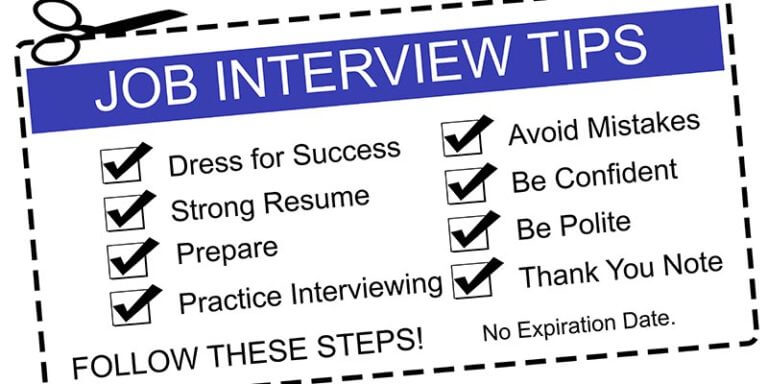The supply chain and logistics discipline is all about coordinating purchasing, production, logistics, materials and transportation to ensure the supply chain functions smoothly, providing the consumer, customer or user with the company’s products in a timely, efficient and satisfying manner. Keeping a supply chain running effectively requires excellent organization, attention to detail, communication, time management, multitasking and dedication, and working in the discipline demands nothing less in skills — especially if you’re aiming for a position in the procurement department, which oversees every aspect of the product acquisition process.
If you’re pursuing a procurement career and you’ve scored an interview, you might be wondering what kind of purchasing questions you’ll need to answer and how to prepare for the big moment. Whether this is your first interview or you’re a seasoned professional hoping to move up or to a different department, here are some procurement interview tips to help you stay confident in your performance.
How to Prepare
Often, supply chain companies’ job descriptions can be generalized, succinct or difficult to decode. With every posting for procurement appearing virtually identical in description, how can you adequately prepare educated interview responses for positions that can differ significantly in role and responsibility from company to company? How can you best determine whether your qualifications are suited to the role you’re interviewing for?
Remember this — whether you have two years’ industry experience or ten, certain aspects of the interview process will always be out of your control, and sometimes that includes specific knowledge of position responsibilities. Rather than becoming intimidated by knowledge you don’t have and circumstances you can’t change, channel your energy into focusing on what you can control. Whatever the company and job description, here are the best ways to prepare for your procurement interview:
Do your research: The job description may not be extensive, but you can always dig deeper by visiting the company’s website or searching its employees on LinkedIn. Familiarize yourself as much as possible with the organization’s mission, procedures, goals, policies and products or services. If you know who will conduct your interview, research your interviewer’s professional history and personality as well.
Know yourself: It’s important to have confidence in your own experience, strengths, skills and passions — and to be prepared to effectively communicate everything you possess. Be extensively familiar with your resume and make sure it reflects you. Be prepared to discuss your experience specifically and give examples or anecdotes that illustrate your strengths.
Be enthusiastic: Attitude is everything. Showing your interview you’re excited to learn, passionate about utilizing your skills, confident in your abilities and passionate about your work can be even more important than the flat information on your resume, and your energy can make or break the interview.
Be professional and be prepared: Demonstrate your respect, professionalism and responsibility by dressing appropriately, arriving early and coming with additional copies of your resume — just in case.
Procurement Questions
When it comes to purchasing interview questions and answers, we can’t tell you exactly how to respond — that’s up to you and your unique experience in the supply chain discipline. However, we can provide you with some common questions that might come up in your interview so you’re prepared for the kind of ideas you’ll be presented with. Here are some points your interviewer might address:
How will you determine the purchasing patterns for our company?
How will you define and facilitate cost savings to the satisfaction of executive management?
What is your sourcing initiative process?
How can our contract language help reduce our risk?
What techniques will you employ to accelerate project progress?
What tools are essential to you when keeping track of progress?
How do you interpret information on raw purchasing transactions?
How can you be sure whether a purchase requires a contract?
Remember, draw on your experience, skills and knowledge of the supply chain discipline — you already have all the resources you need to succeed in your procurement interview. Good luck!

